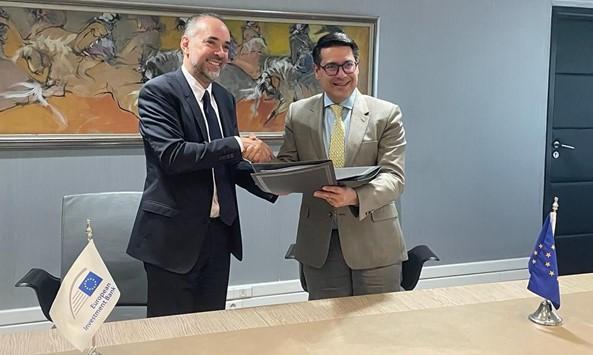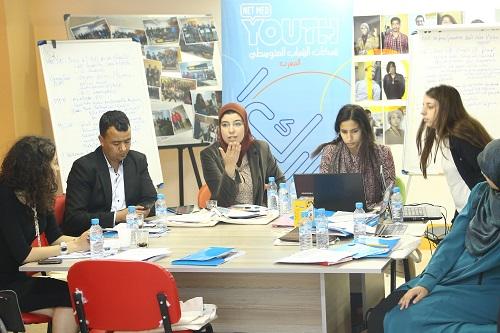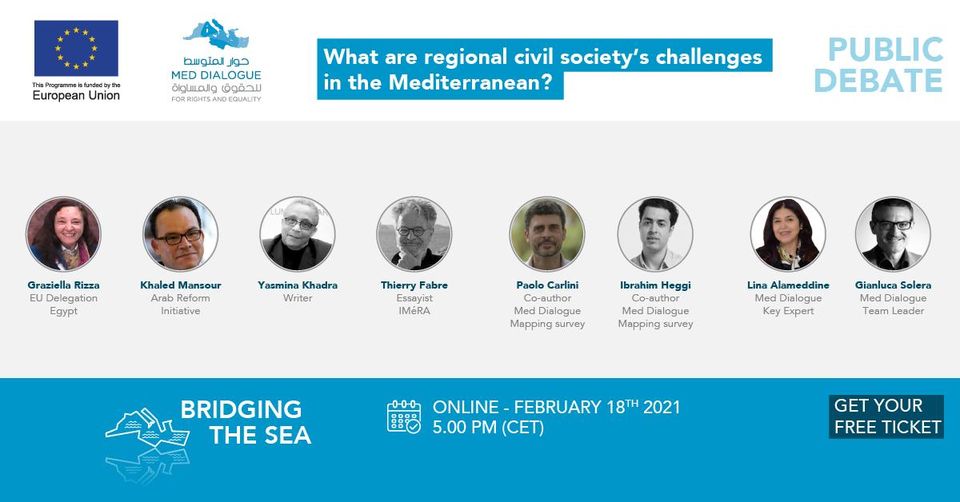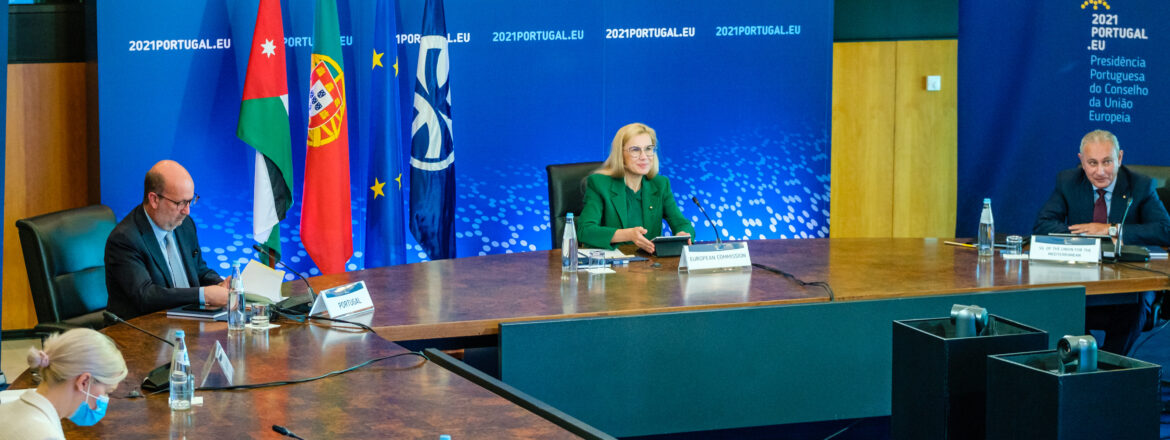Morocco: EIB Global – €50 million to support small and medium-sized exporters via Banque Centrale Populaire

The European Investment Bank (EIB) announces the signing of a €50 million finance contract with Banque Centrale Populaire under the EU Trade and Competitiveness Programme, developed by the EIB with financial support from the European Union. This funding will provide additional leverage to facilitate access to finance for small and medium-sized exporters, thus supporting their integration into local and international value chains.
This new finance contract will enable BCP to provide new loans on favourable terms to small businesses in the key export sectors of automotive, textiles and agri-food (agro-industry and agricultural sectors). First and foremost, eligible projects concern lean and green investments featuring improved efficiency, value added productivity or quality, such as decarbonisation investments (waste reduction and recycling, energy efficiency and renewable energy, upgrading of processes). They can also concern working capital financing, provided that there is a positive impact on exporting potential in export value chains, as well as financing of digitalisation and R&D to open up new markets.
This contract complements a first agreement finalised between the EIB and BCP in October 2022, upon the launch of the EU Trade and Competitiveness Programme, marked by the signing of an initial €8 million guarantee agreement with BCP designed to facilitate BCP’s financing of an investment volume of around €50 million for Moroccan small and medium-sized exporters through enhanced risk-taking.
These two components of the Trade and Competitiveness Programme, namely intermediated financing and a risk-sharing mechanism, are complemented by technical assistance to companies, partner financial institutions and stakeholders, such as professional federations in the target sectors. The EIB provides technical and financial expertise in support of export sectors, and in risk assessment, decarbonisation and competitiveness with a view to strengthening value chains with the European Union.
These objectives are aligned with the Moroccan government’s policy on supporting small businesses, with an emphasis on integrating them within global value chains in order to create jobs and strengthen technical, environmental, social and governance standards, while increasing the local contribution to the value added being exported.




























 Syria
Syria 





